|
Australian Ambassador to Vietnam Gillian Bird. (Source: Australian Embassy in Vietnam) |
Ambassador, the signing of the UN Convention against Cybercrime in Hanoi is a significant milestone. In your opinion, what is the greatest significance of this event, not only for global efforts to combat cybercrime, but also for Vietnam's role on the international stage?
The signing of the UN Convention against Cybercrime in Hanoi, or the Hanoi Convention, marks a landmark moment in the global effort to address the growing threat of cybercrime. In today's interconnected world , cyber threats transcend borders, impacting governments, businesses, and individuals alike. This Convention plays a crucial role in promoting an open, secure, stable, and accessible cyberspace for all.
The Hanoi Convention also complements existing UN frameworks on responsible conduct of states, while affirming the importance of multilateralism in addressing transnational challenges. In particular, the Convention's emphasis on protecting human rights and data privacy is crucial, ensuring that efforts to combat cybercrime do not jeopardize fundamental freedoms.
Furthermore, Vietnam's hosting of the Convention signing ceremony demonstrates Vietnam's increasing leadership role in digital governance as well as its strong commitment to multilateralism, which Australia welcomes and has supported for many years. This is clearly evidenced by the fact that Co-Minister for Foreign Affairs and Trade Matt Thistlethwaite represented Australia in Hanoi to sign the Convention.
In the current context, the Hanoi Convention is a timely and necessary step towards a safer digital future. It is not only a legal document but also a symbol of global solidarity in protecting the integrity of cyberspace for all.
The Hanoi Convention signing ceremony will take place from October 25-26 with the theme "Combating Cybercrime - Sharing Responsibility - Towards the Future". How do you view the message of this theme, especially in the context of the world facing new challenges from artificial intelligence and digital technology?
The theme "Combating Cybercrime – Sharing Responsibility – Towards the Future," proposed by Vietnam for the signing ceremony of the Hanoi Convention, is both global in scope and has profound practical significance.
The theme reflects a holistic approach to the reality that cyber threats know no borders and no country can respond alone. At the same time, it emphasizes a shared responsibility, in which governments, international organizations, the private sector, and civil society need to work closely together to build a safer and more trustworthy digital space.
Australia fully supports this theme, as it aligns with our strategic approach to combating cybercrime and promoting international cooperation. This demonstrates Vietnam's leadership role in the region. Hosting such a global event and delivering such a forward-thinking message reflects Vietnam's genuine commitment to international cooperation. Australia is proud to partner with Vietnam in this endeavor.
|
The Hanoi Convention complements existing United Nations frameworks on responsible conduct of states, while strengthening the role of multilateralism in addressing transnational challenges. (Photo: Trung Tran) |
Cooperation between Vietnam and Australia in the field of cybersecurity in recent years has been assessed as increasingly substantive. According to the Ambassador, what are the most outstanding results that clearly demonstrate the spirit of the "Comprehensive Strategic Partnership" between the two countries in responding to cyber challenges?
Vietnam's participation in the Hanoi Convention negotiations is fully consistent with the framework of the Vietnam-Australia Comprehensive Strategic Partnership (CSP), signed in March 2024. Under this framework, the two countries committed to strengthening cooperation in the areas of digital transformation and innovation, cybersecurity and critical technologies, regional and international law and governance, peacekeeping, and participation in multilateral mechanisms.
A prime example is the launch of the Vietnam-Australia Strategic Technology Centre in June 2025. This centre will become a dynamic hub promoting innovation, digital connectivity, and cybersecurity, demonstrating substantive cooperation between the two countries.
In addition, during her visit to Vietnam on August 20th, Australian Foreign Minister Penny Wong signed a bilateral Memorandum of Understanding on cooperation in cybersecurity and critical technologies. This document provides a basis for cooperation on information sharing, cyber incident response, sustainable human resource development, and enhanced coordination in multilateral forums.
Furthermore, the Hanoi Convention, as a UN treaty, further strengthens the two countries' shared commitment to respecting international law, promoting a safe and inclusive digital environment, and supporting multilateral mechanisms to address global challenges.
In particular, Australia also supported Vietnam in organizing the successful signing ceremony, including funding the advance working group of the UN Office on Drugs and Crime (UNODC), supporting the delegation of Pacific Island nations attending, and coordinating with RMIT University to organize the side event "Cybercrime Hackathon".
Australia is one of the countries with a well-developed system of policies and laws on combating cybercrime. Could the Ambassador share some notable experiences or models that Vietnam, as well as other countries in the region, could learn from in implementing the Hanoi Convention?
It can be said that Australia has built a robust legal system with regulations on computer, telecommunications, and financial crimes in its Criminal Code, including both technology-dependent offenses (such as computer intrusion, denial-of-service attacks) and technology-assisted crimes (such as online fraud, child abuse and exploitation).
Since the early 2000s, Australia has continuously updated its legal framework to address emerging threats, including the criminalization of sharing private images without consent, which came into effect in September 2024.
Australia actively participates in international forums such as the Council of Europe Convention on Cybercrime's Budapest Committee and the UN Commission on Crime Prevention and Criminal Justice to promote cooperation, support countries in developing legal frameworks for cybercrime, and mitigate the potential for criminals to exploit the transnational nature of cyberspace.
We believe that a multi-stakeholder, multi-entity approach, combining law enforcement, criminal justice policy, collaboration with businesses and civil society organizations, is key to effectively enhancing the capacity to detect, prevent, and respond to cybercrime.
Source: https://baoquocte.vn/cong-uoc-ha-noi-khang-dinh-vai-role-lanh-dao-cua-viet-nam-trong-quan-tri-so-va-cam-ket-manh-me-voi-chu-nghia-da-phuong-331897.html



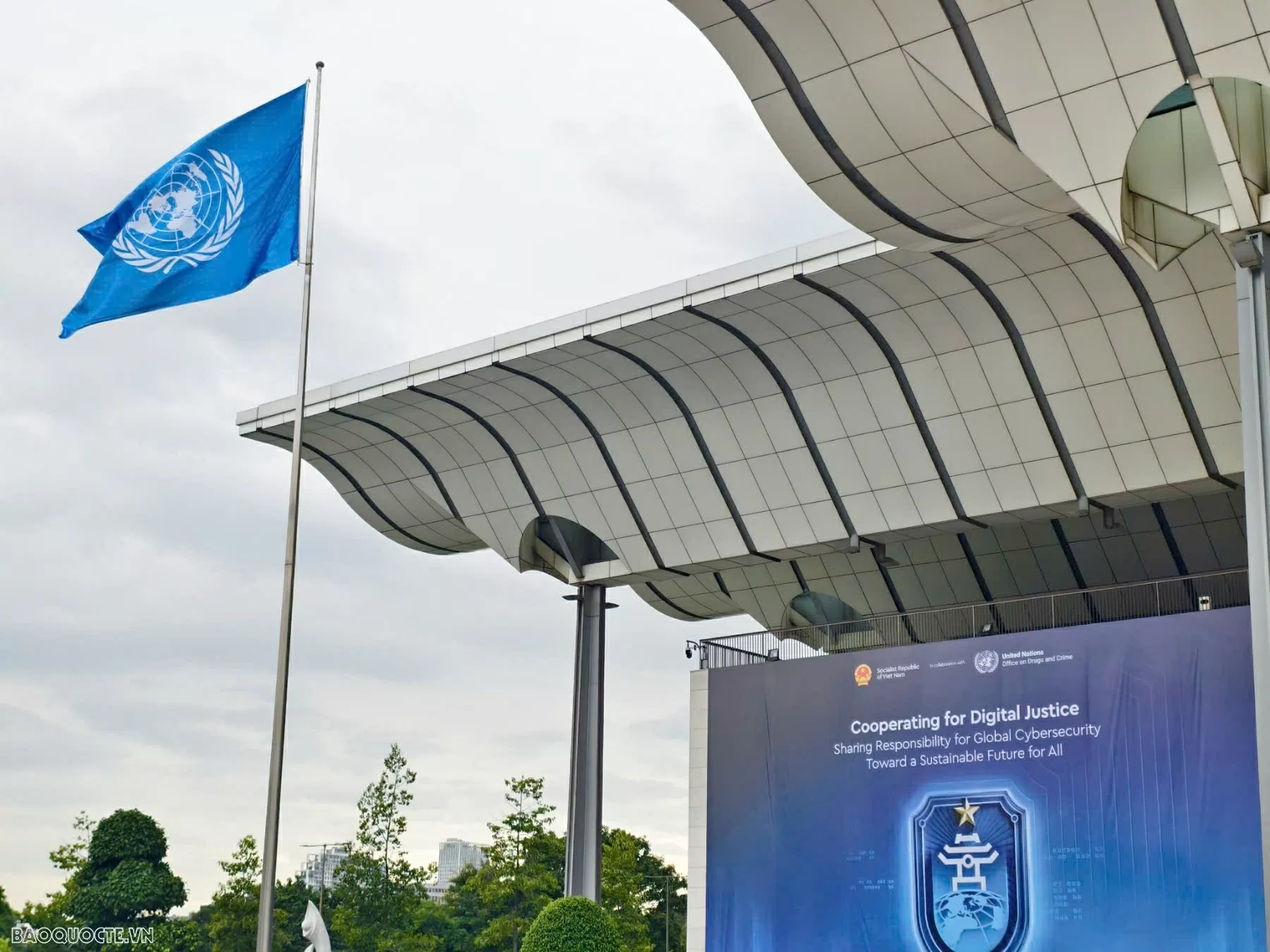






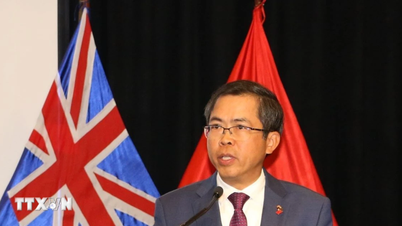

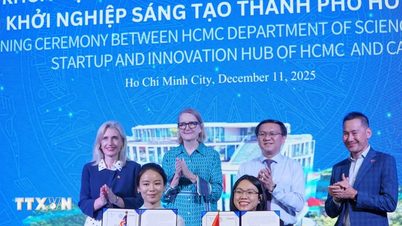
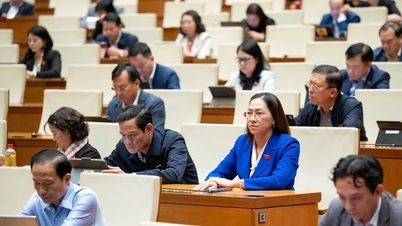

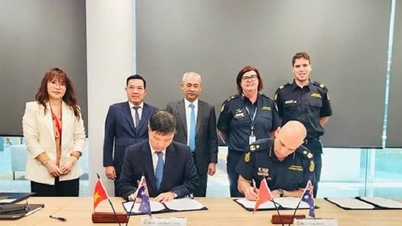



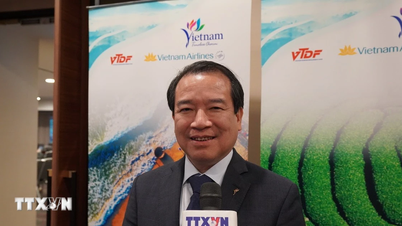
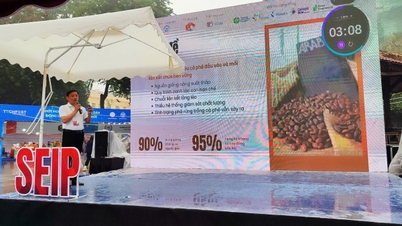

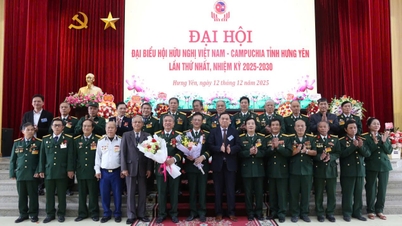
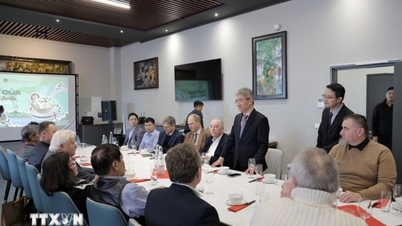

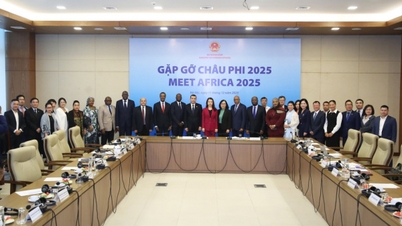
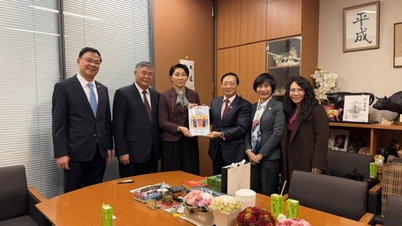







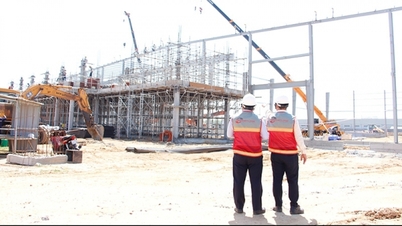

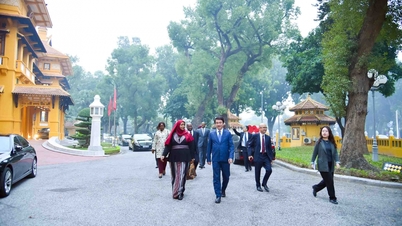




































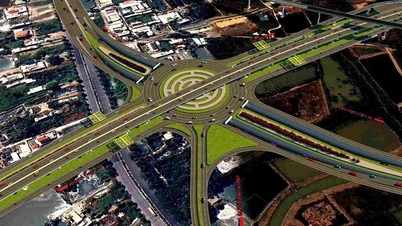
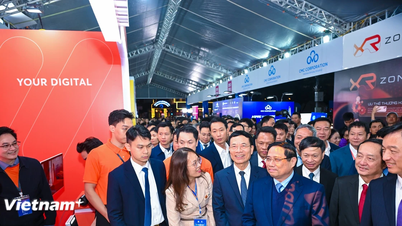
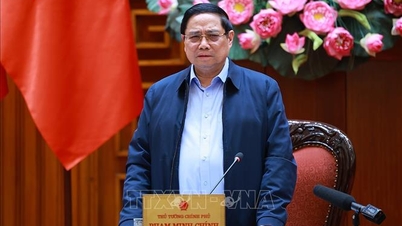

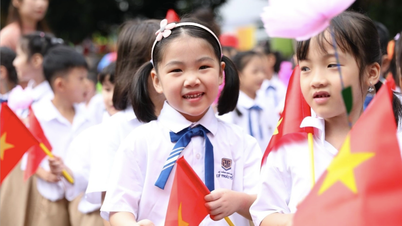


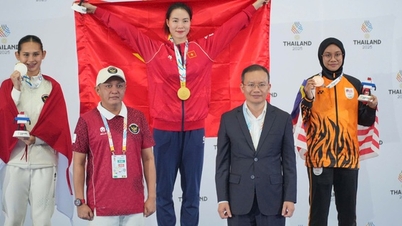

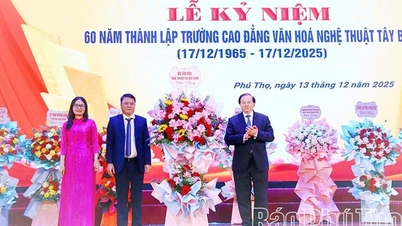
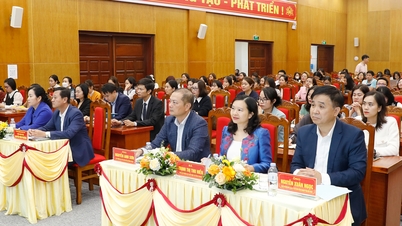

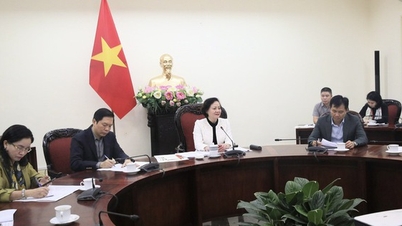
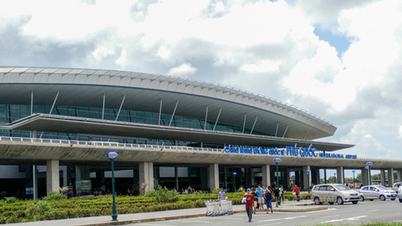
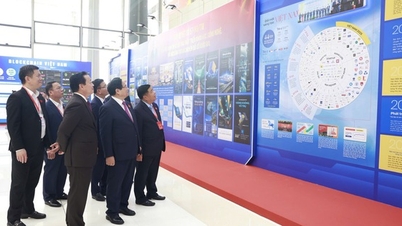
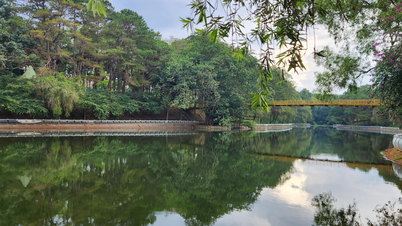

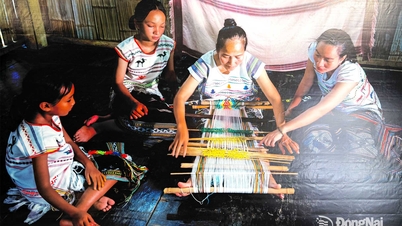

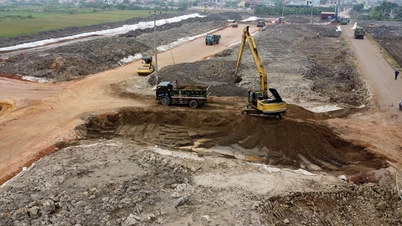

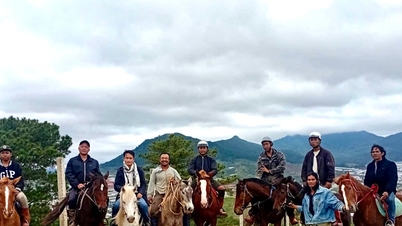

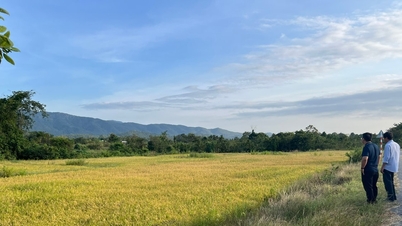
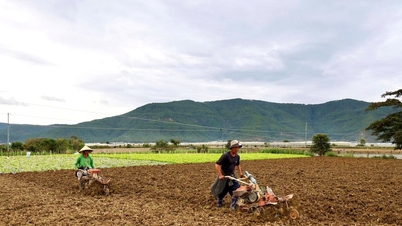










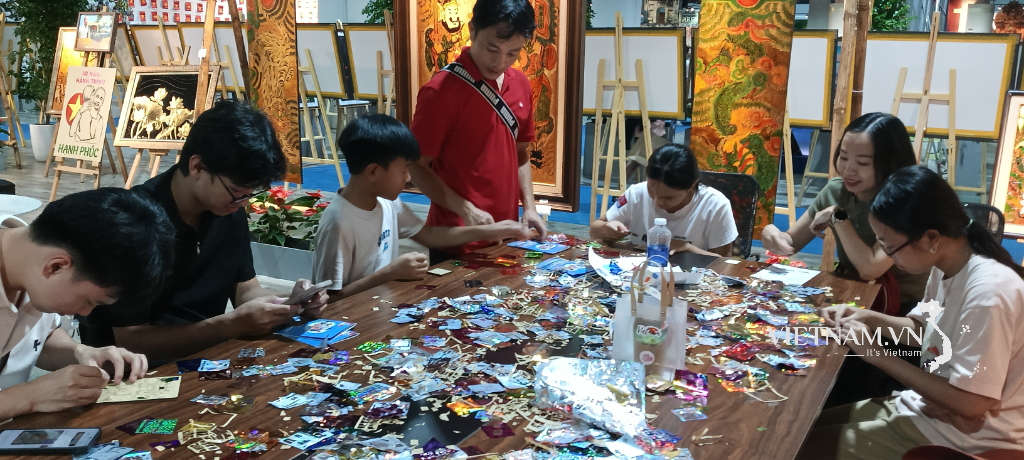


Comment (0)